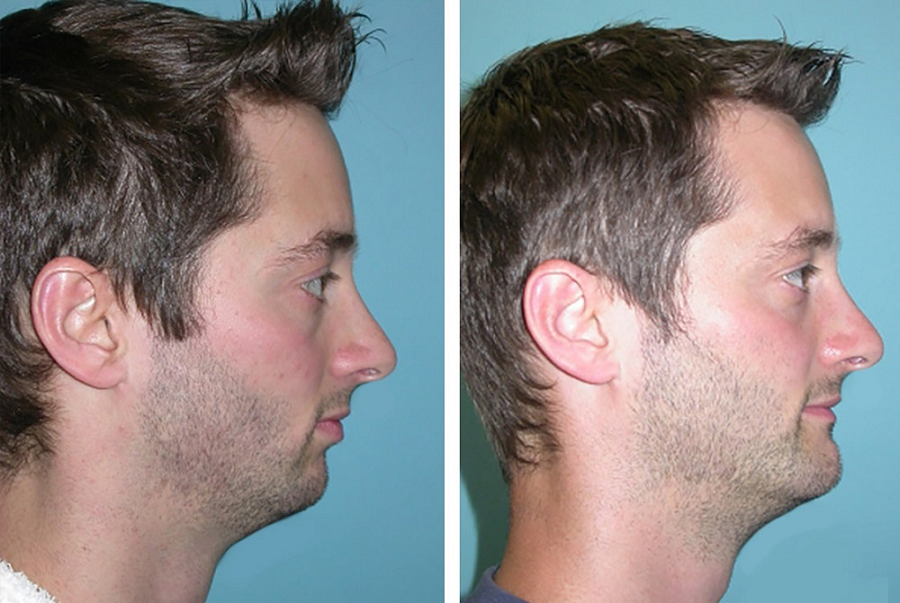Many people experiencing unexplained weight gain often wonder if their thyroid might be the cause. The link between the thyroid and metabolism is well acknowledged, leading to a common misconception: if the thyroid is the problem, does surgery provide the answer for weight loss? While thyroid function and weight are related, the surgical methods for thyroid conditions and clinical obesity vary greatly, tackling different medical concerns. This guide seeks to explain the different functions of a thyroid operation compared to weight loss surgery, assisting you in identifying the appropriate treatment direction for each concern.
Thyroid Disease and Its Surgical Solution
The thyroid is a tiny, butterfly-shaped gland located in the neck that generates hormones to control the body’s metabolism. A thyroid surgery, known as thyroidectomy, is a procedure to extract either the entire gland or a portion of it. Nevertheless, it is not conducted to control weight. Surgery is generally advised for particular medical purposes, including the existence of large nodules or goitres leading to breathing or swallowing issues, suspicious nodules that may be cancerous, or diagnosed thyroid cancer. Though hypothyroidism may cause slight weight gain, it is generally minimal and treated with hormone replacement therapy, rather than surgery. The main objective of a thyroid surgery is consistently to address a malfunctioning gland.
Obesity and Its Surgical Solution
Clinical obesity is a distinct and intricate medical issue characterised by an excessive quantity of body fat, leading to a higher risk of additional health complications such as heart disease and diabetes. For those who have not succeeded in attaining substantial, lasting weight loss through diet and exercise, weight loss surgery could be an alternative. Commonly referred to as bariatric surgery, these operations are intended to address obesity by modifying the digestive system. Typical methods such as gastric bypass or sleeve gastrectomy function by either limiting the volume of food the stomach can accommodate or decreasing calorie absorption. The clear and desired result is significant and lasting weight reduction.
Debunking the Myth: A Thyroid Operation is Not for Weight Loss
It is a critical misunderstanding to view a thyroid operation as a weight loss procedure. Removing the thyroid gland to treat obesity is medically inappropriate and unsafe. The two surgeries have entirely different goals and mechanisms. A thyroidectomy addresses a structural problem or disease within the gland itself. In contrast, weight loss surgery directly targets the mechanics of the digestive system to treat the disease of obesity. Confusing the two can lead to pursuing an incorrect and ineffective treatment that fails to address the root cause of the health issue and may even create further medical complications.
The Overlap: When Both Conditions Coexist
A person can indeed experience both a thyroid disorder and clinical obesity. In these intricate situations, healthcare providers address each issue individually. An endocrinologist would initially focus on treating the thyroid condition, which could include medication or, if essential, a surgical procedure on the thyroid. Once the thyroid condition is stabilised, the patient’s weight situation is reevaluated. Should substantial obesity continue regardless of the thyroid problem, the patient and their healthcare providers may consider weight loss surgery as an alternative, follow-up treatment option. The crucial point is that the two matters are handled separately by the relevant experts.
Conclusion
Understanding the correct application for a medical procedure is essential for your health and safety. While your thyroid plays a role in metabolism, a thyroid operation is a treatment for specific diseases of the gland, not a solution for weight control. Weight loss surgery, on the other hand, is a specialised procedure designed to treat the distinct medical condition of obesity. If you are concerned about your weight and thyroid health, the most important step is to seek an accurate diagnosis from a medical professional. They can help you identify the true cause of your health issues and guide you toward the correct and most effective treatment.
To consult a specialist about thyroid concerns or explore safe, medically appropriate weight management options, contact the National University Hospital (NUH).








Leave a Reply